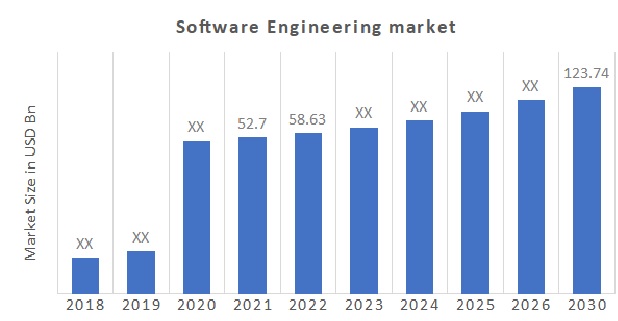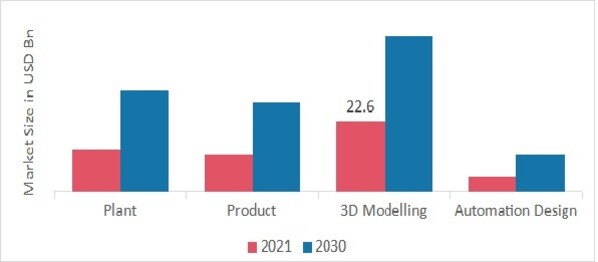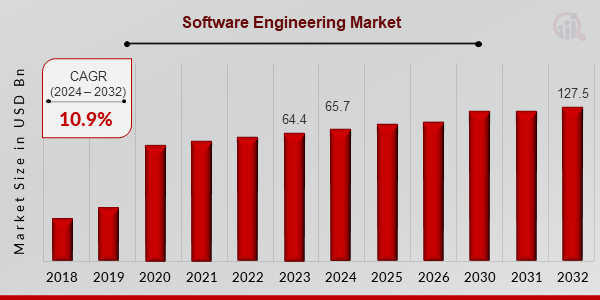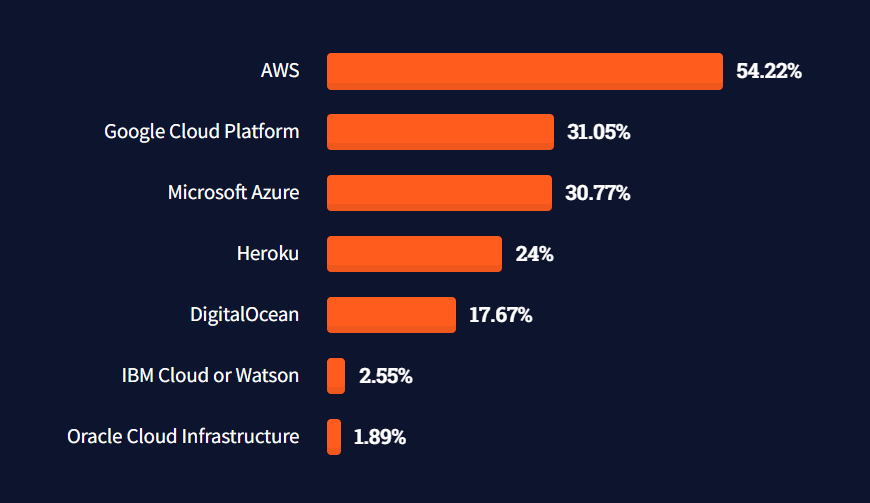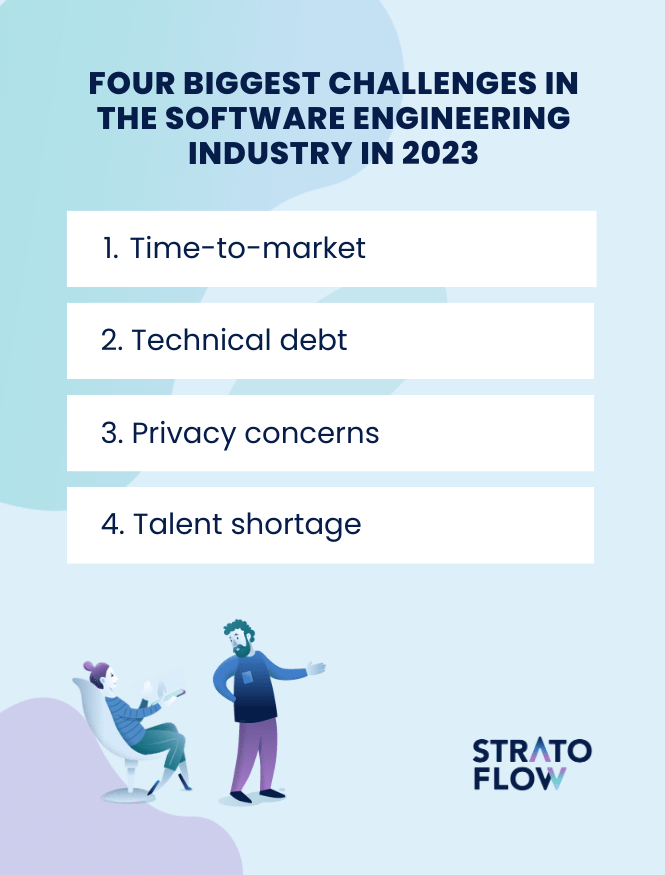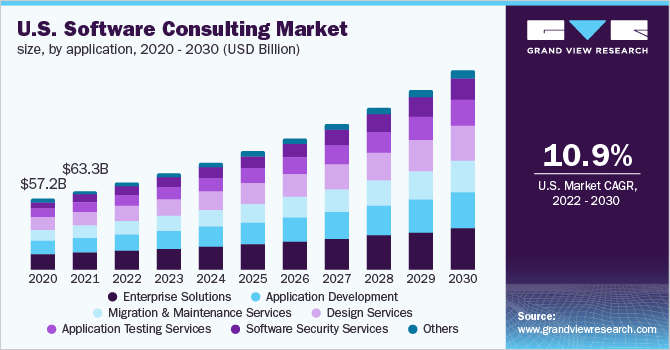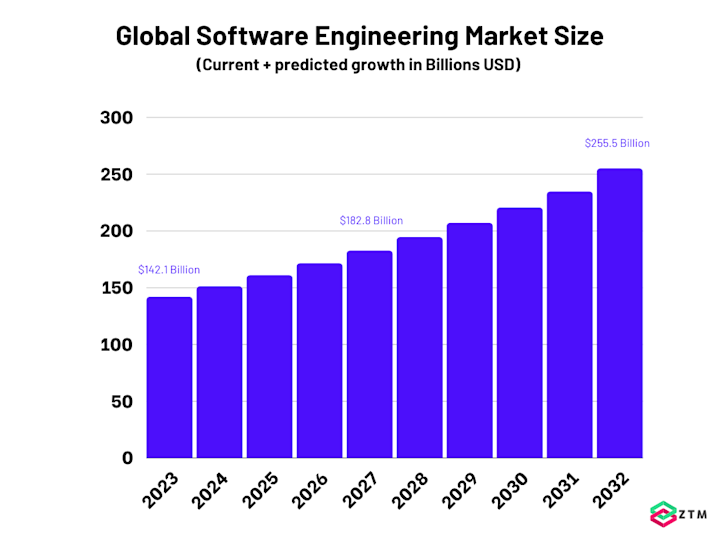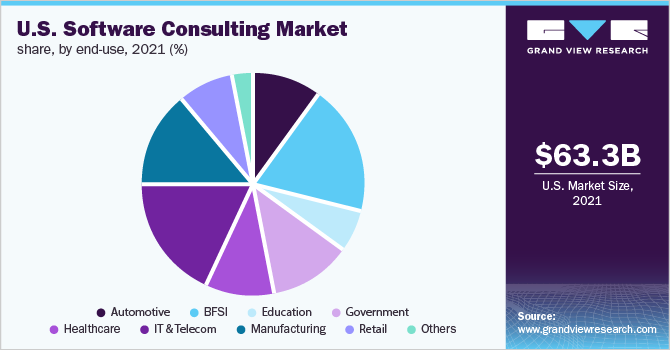Is The Software Engineering Market Saturated
.png)
The tech industry, once seemingly immune to economic downturns, is facing a growing debate: Is the software engineering market becoming saturated? Reports of layoffs at major tech companies and increasing competition for entry-level positions are fueling concerns among aspiring and current software engineers alike.
This article delves into the current state of the software engineering job market, examining available data, expert opinions, and industry trends to provide a comprehensive overview. The goal is to assess whether the perceived saturation is a temporary blip or a sign of a more fundamental shift in the landscape, and what the implications might be for individuals and the broader tech ecosystem.
Layoffs and Hiring Freezes: A Cause for Concern?
Recent months have seen a wave of layoffs across the tech sector, impacting companies of all sizes. Meta, Amazon, and Google, among others, have announced significant workforce reductions, citing economic headwinds and over-hiring during the pandemic boom.
These layoffs, while not exclusively affecting software engineers, have undoubtedly contributed to a perception of market saturation. According to data from Layoffs.fyi, a website tracking tech layoffs, hundreds of tech companies have laid off employees in the past year.
Coupled with layoffs, many companies have also implemented hiring freezes or slowed down their recruitment efforts. This reduced demand, combined with a growing number of job seekers, is creating a more competitive environment.
The Supply Side: Are Too Many People Learning to Code?
The rise of coding bootcamps and online learning platforms has made software engineering education more accessible than ever before. Millions of individuals worldwide are now learning to code, hoping to break into the tech industry.
This influx of new talent has undoubtedly increased the supply of software engineers. Whether this supply exceeds the current demand is a key question in the saturation debate.
Critics argue that many coding bootcamp graduates lack the depth of knowledge and practical experience required for more senior roles. This creates a bottleneck at the entry level, making it difficult for junior developers to find their first job.
Demand Still Exists, But Shifting
Despite the layoffs and increased competition, there is evidence that demand for software engineers remains strong in certain areas. Cloud computing, artificial intelligence, and cybersecurity are experiencing continued growth, creating opportunities for specialized engineers.
Furthermore, while large tech companies have reduced their hiring, smaller companies and startups are still actively recruiting. The geographical distribution of demand is also shifting, with emerging tech hubs outside of Silicon Valley seeing increased activity.
According to the U.S. Bureau of Labor Statistics, employment in computer and information technology occupations is projected to grow much faster than the average for all occupations from 2022 to 2032. This suggests that, while the market may be more challenging, long-term prospects for software engineers remain positive.
Expert Perspectives
"The software engineering market is definitely more competitive than it was a few years ago," says Jane Doe, a career coach specializing in tech. "However, it's not necessarily saturated. The key is to stand out from the crowd by developing a strong portfolio, networking effectively, and focusing on in-demand skills."
John Smith, a hiring manager at a mid-sized tech company, echoes this sentiment. "We're still looking for talented engineers, but we're being more selective. We're prioritizing candidates with strong problem-solving skills, a proven track record, and a passion for technology."
The Human Angle: Adapting to a Changing Landscape
Sarah, a recent coding bootcamp graduate, shared her experience. "It's been tough finding a job. I've applied to hundreds of positions and received very few interviews. I'm now focusing on building personal projects and contributing to open-source projects to strengthen my resume."
This illustrates the challenges faced by many aspiring software engineers in the current market. Perseverance, continuous learning, and strategic career planning are essential for success.
Conclusion: A More Competitive, But Not Necessarily Saturated, Market
Based on available data and expert opinions, the software engineering market is not necessarily saturated, but it is undoubtedly more competitive than it has been in recent years. Layoffs, increased competition, and a shifting demand landscape are creating challenges for both experienced and aspiring software engineers.
To thrive in this environment, individuals need to focus on developing in-demand skills, building a strong portfolio, and networking effectively. Continuous learning and adaptation are crucial for long-term success in the ever-evolving tech industry.
While the boom days of effortless job acquisition may be over, the long-term outlook for skilled and adaptable software engineers remains promising. The key is to approach the market with realistic expectations, a proactive mindset, and a commitment to continuous improvement.

